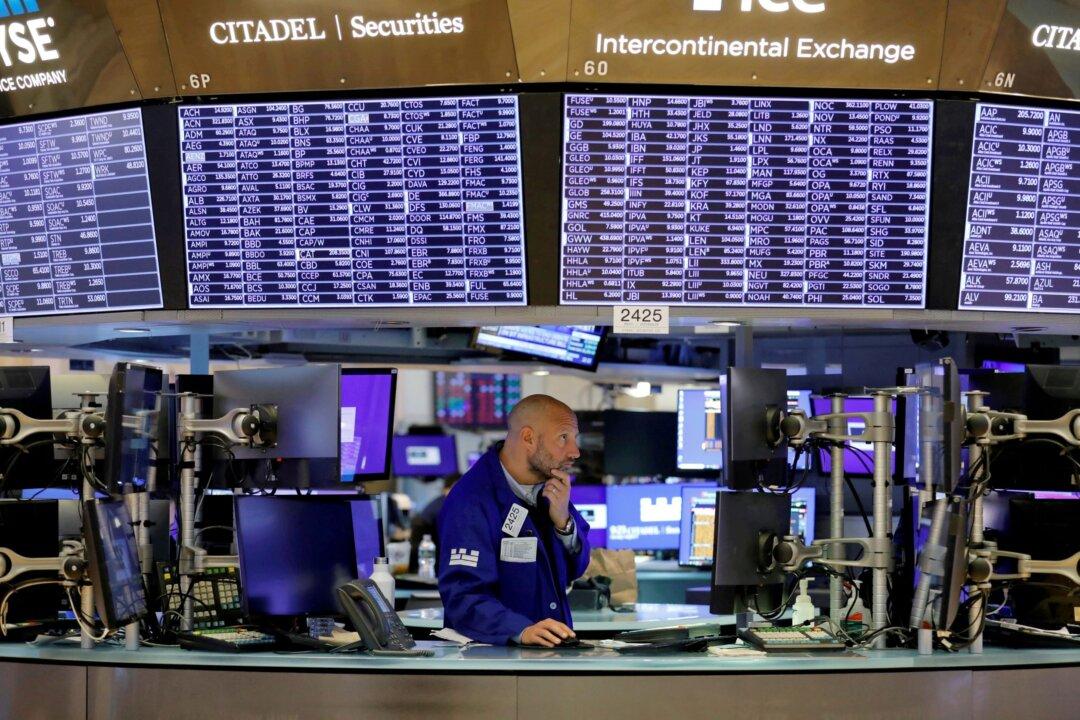Retail investors were less enthusiastic about buying the dip in U.S. stocks on Tuesday, the latest sign of a possible fatigue after last year’s tech-fueled trading frenzy, Vanda Research analysts said in a weekly note.
Individual investors bought $1.6 billion in stocks on Tuesday when U.S. shares sold off sharply after weak results from Goldman Sachs and a spike in U.S. bond yields.





